Can Alzheimer’s be reversed? Dr. Insoo Hyun explains how scientists at Case Western Reserve University are exploring that possibility by restoring NAD+, a vi…
Category: science – Page 2
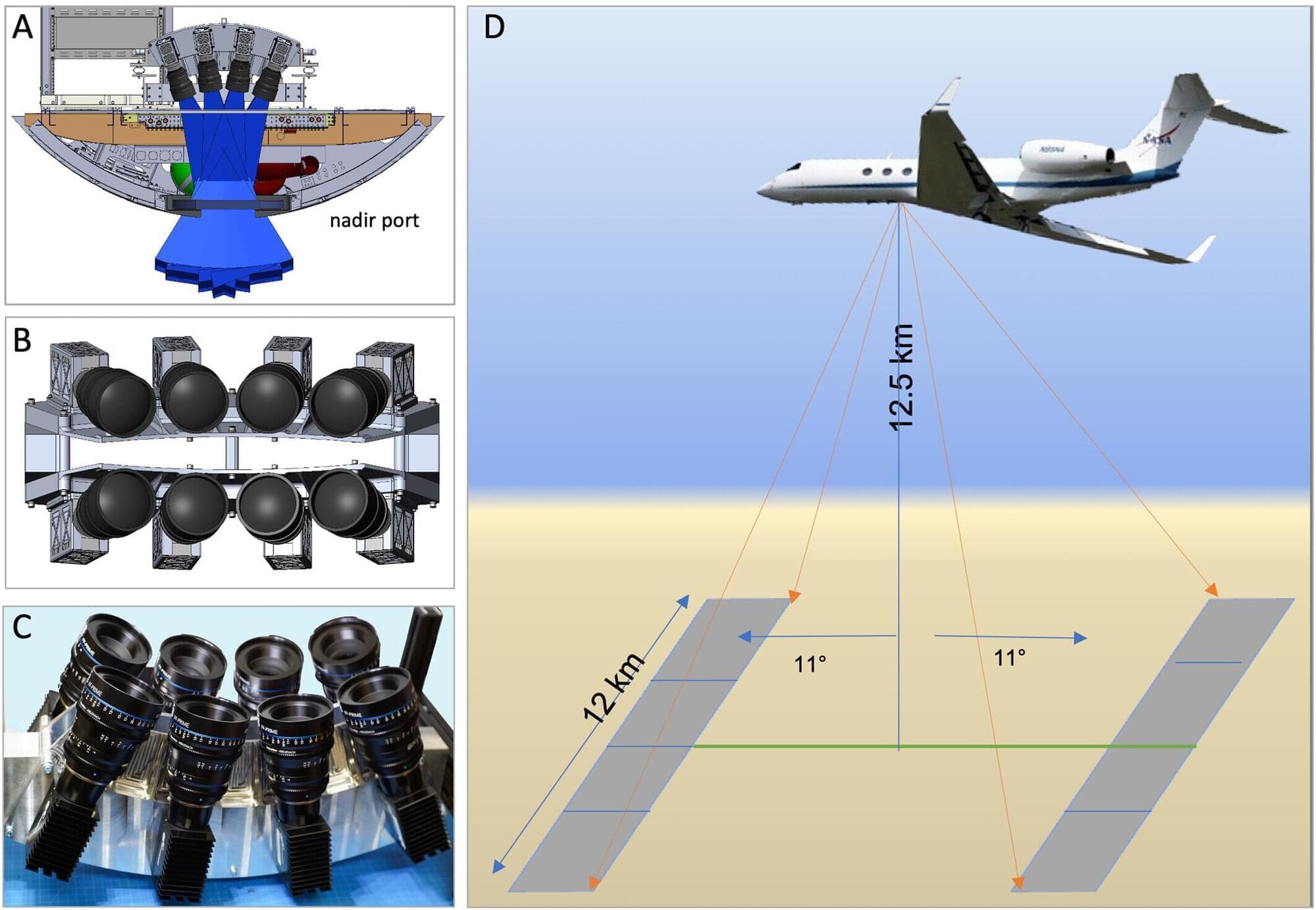
Rocks and rolls: The computational infrastructure of earthquakes and physics of planetary science
Sometimes to truly study something up close, you have to take a step back. That’s what Andrea Donnellan does. An expert in Earth sciences and seismology, she gets much of her data from a bird’s-eye view, studying the planet’s surface from the air and space, using the data to make discoveries and deepen understanding about earthquakes and other geological processes.
“The history of Earth processes is written in the landscapes,” Donnellan said. “Studying Earth’s surface can help us understand what is happening now and what might happen in the future.”
Donnellan, professor and head of the Department of Earth, Atmospheric, and Planetary Sciences in Purdue’s College of Science, has watched Earth for a long time. Her original research was studying and tracking glaciers in Antarctica.
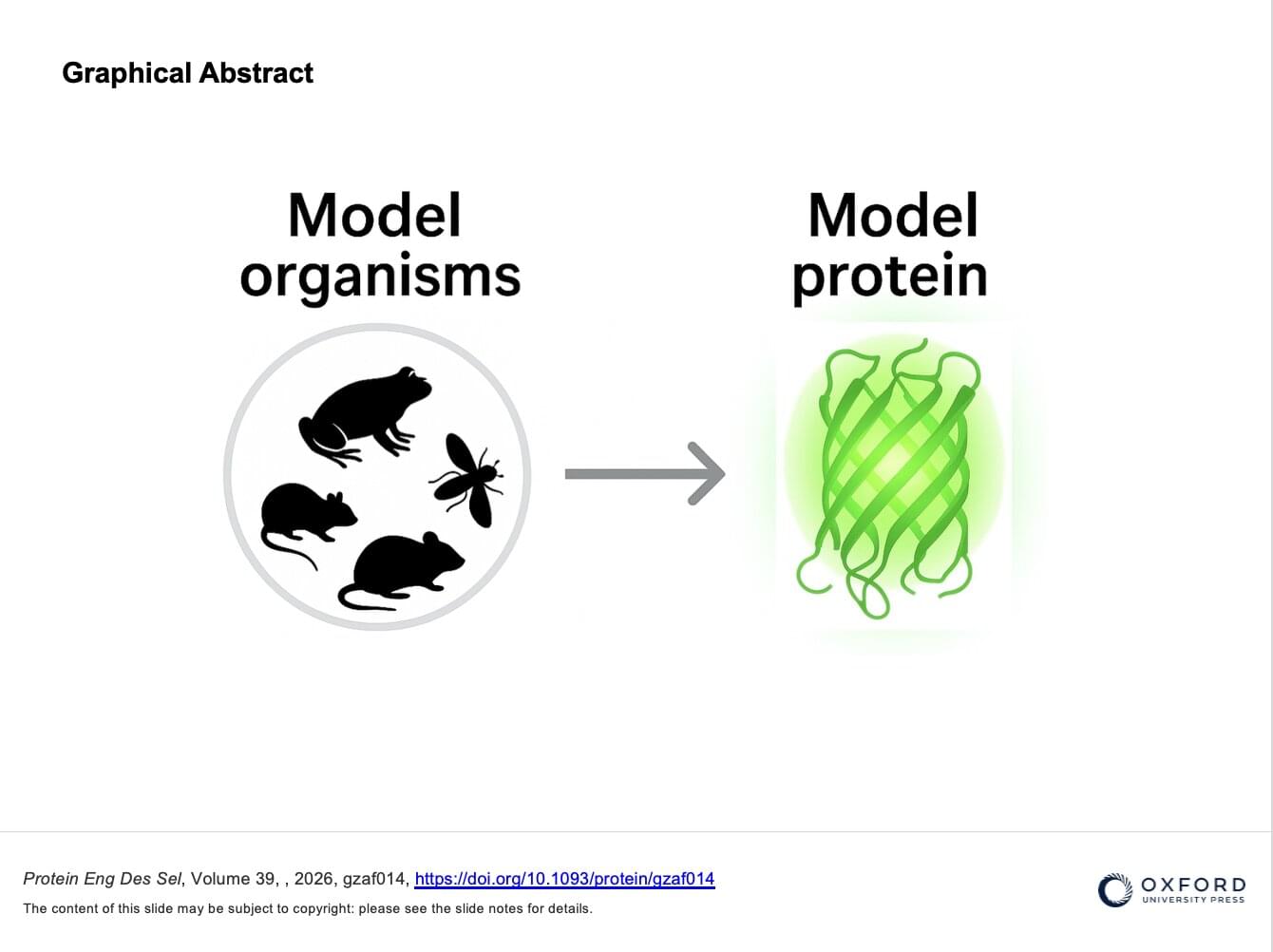
Chemist proposes shared ‘model proteins’ to improve reproducibility in protein science
Protein scientists could improve reproducibility and coordination across the field by rallying around a small, shared set of “model proteins,” according to a new Perspective by Connecticut College chemist Marc Zimmer.
The article appears in the 40th-anniversary issue of Protein Engineering, Design and Selection. Zimmer argues that protein science is ready to adopt a framework similar to the one that transformed research using model organisms such as fruit flies, mice, yeast and C. elegans.
Those organisms became powerful research tools not only because their biology is conserved, Zimmer notes, but because scientific communities coordinated around them. Shared protocols, databases and benchmarks made results easier to compare, reproduce and build upon.
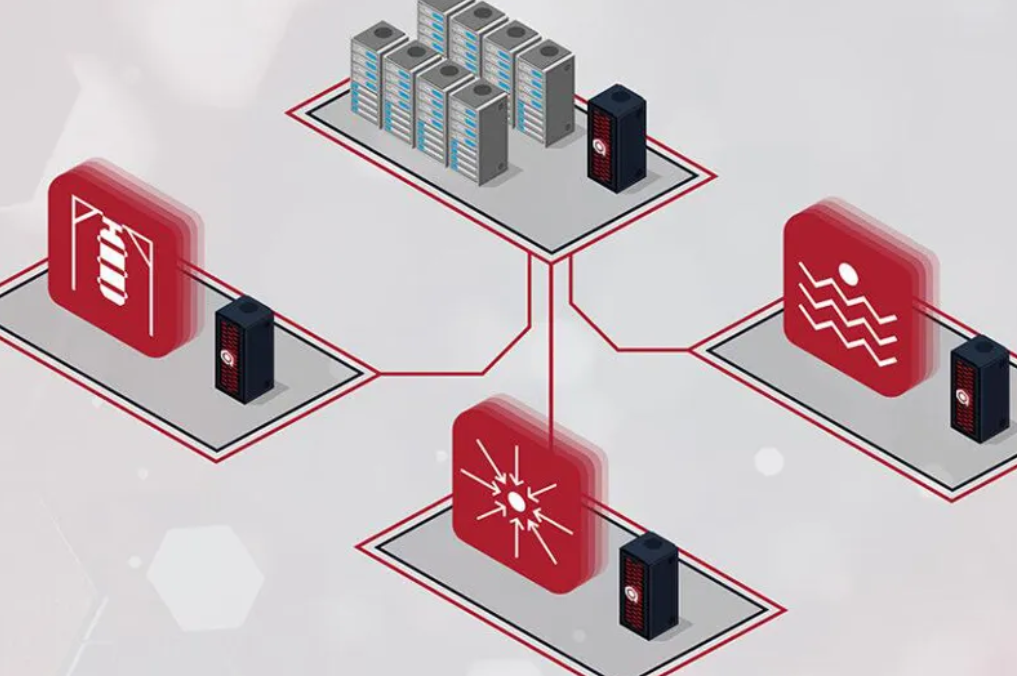
LANL: Los Alamos To Play Key Role In Renewed Quantum Science Center
PRESS RELEASE — The Department of Energy has renewed funding for the Quantum Science Center, with Los Alamos National Laboratory continuing to play a vital role along with Oak Ridge National Laboratory in the center’s mission to advance quantum science and technology. The center will be funded for $125 million over five years to focus on quantum-accelerated high-performance computing.
“The Quantum Science Center is establishing the scientific and technical foundation for quantum computing,” said Mark Chadwick, associate Laboratory director for Simulation, Computing and Theory. “In this new, critical evolution for the center, the integration of quantum and high-performance computing stands to accelerate advancements in crucial scientific areas related to technological progress and even national security applications.”
The Quantum Science Center combines the efforts of three national laboratories, with ORNL hosting the center and Los Alamos a principal partner alongside various universities, industry partners and other laboratories. Created as one of five National Quantum Information Science Research Centers supported by the DOE’s Office of Science, the Quantum Science Center seeks to create a scientific ecosystem for the advancement of fault-tolerant, quantum-accelerated high-performance computing.
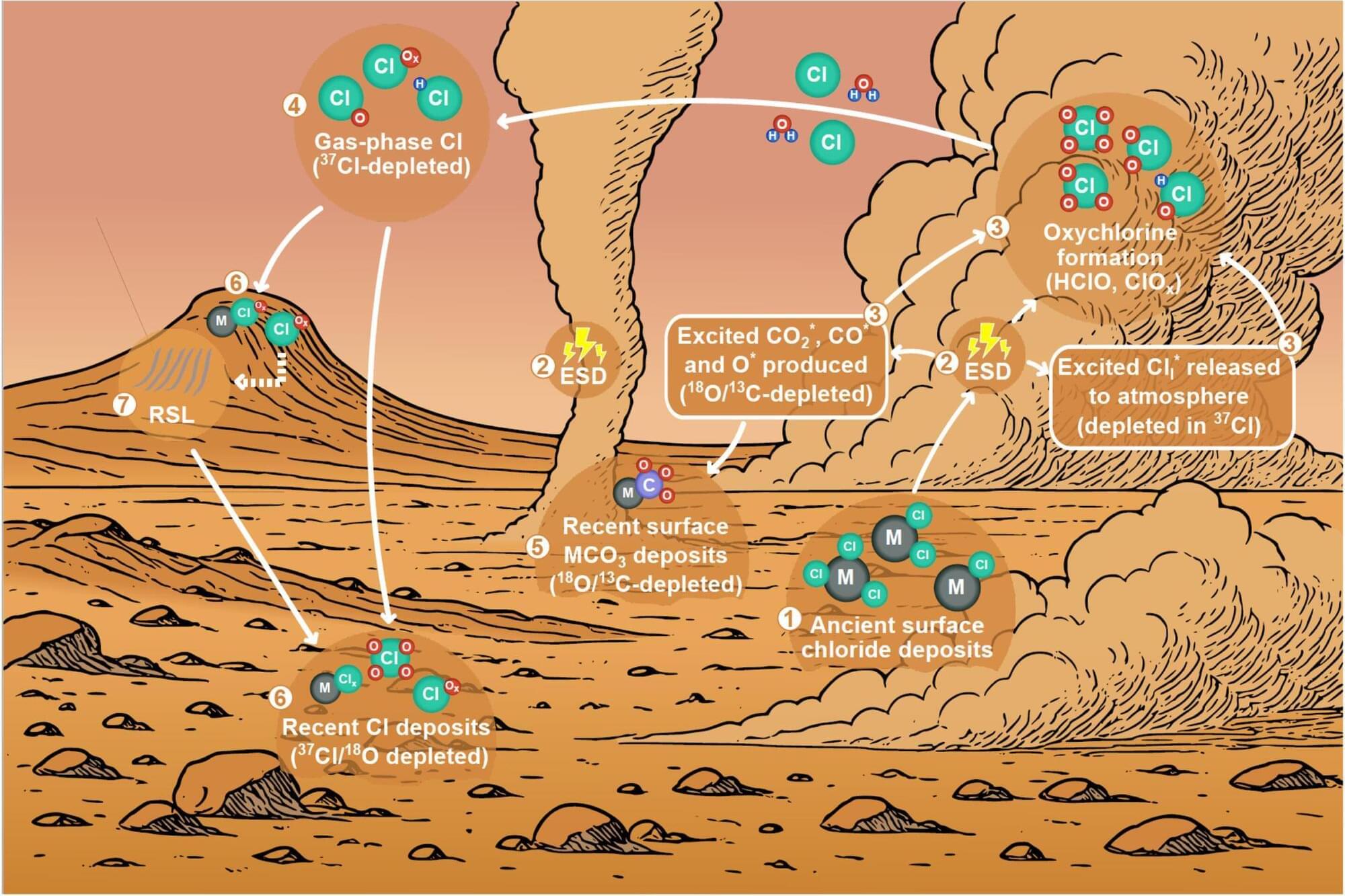
The electrifying science behind Martian dust
Mars, often depicted as a barren red planet, is far from lifeless. With its thin atmosphere and dusty surface, it is an energetic and electrically charged environment where dust storms and dust devils continually reshape the landscape, creating dynamic processes that have intrigued scientists.
Planetary scientist Alian Wang has been shedding light on Mars’s electrifying dust activities through a series of papers. Her latest research, published in Earth and Planetary Science Letters, explores the isotopic geochemical consequences of these activities.
What new science and tech do you want to see in the new Stargate Reboot
I’m With [Stargate] Genius is back with Isaac Arthur as we talk about all the possible new science and tech that could be explored in the new Stargate Reboot!
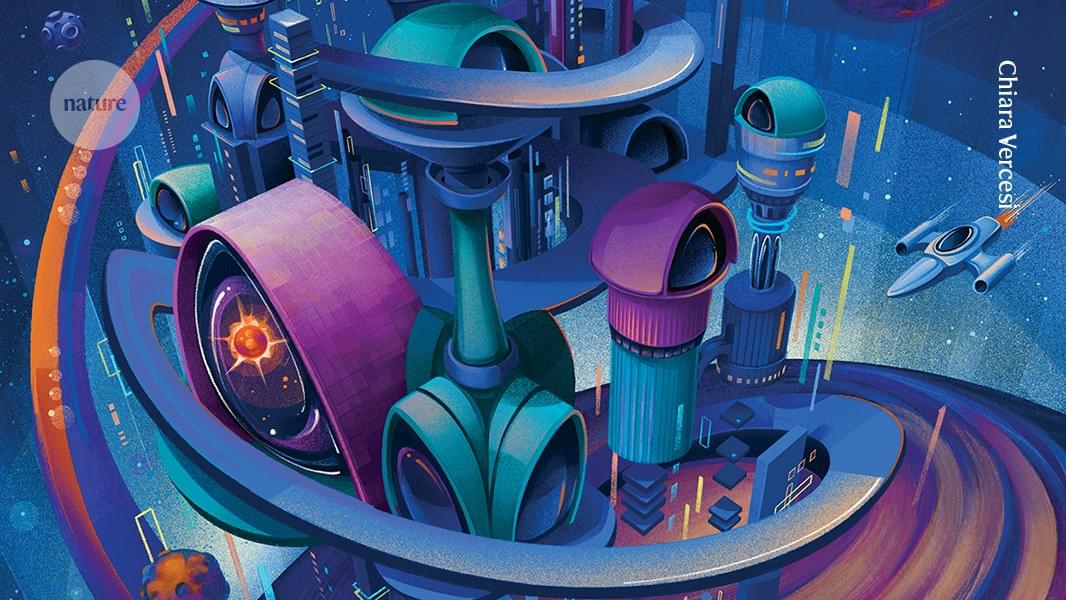

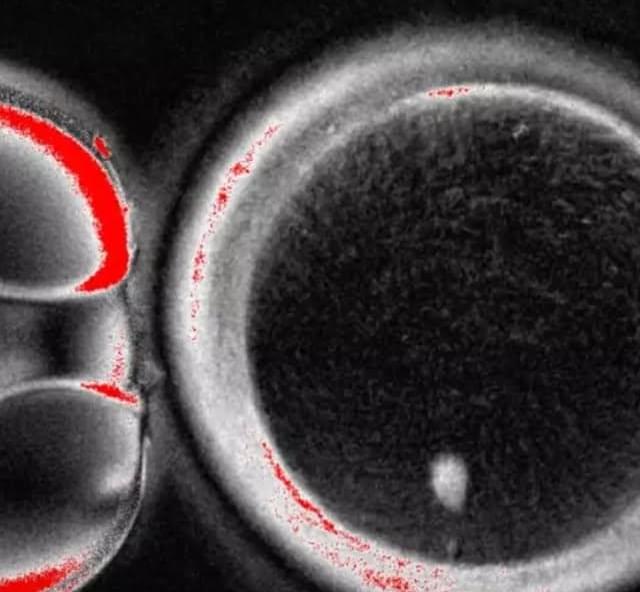
Researchers at Oregon Health & Science University have developed a proof-of-concept technique to turn human skin cells into egg cells
Marking a first in reproductive science. The process involved transferring skin cell nuclei into donated eggs and stimulating them to behave like natural oocytes, some of which developed into early embryos in the lab. While none progressed beyond a few days and major safety hurdles remain, the study suggests a future path that could one day help women with infertility and expand options in reproductive medicine.
#science #medicine #genetics #fertility #research
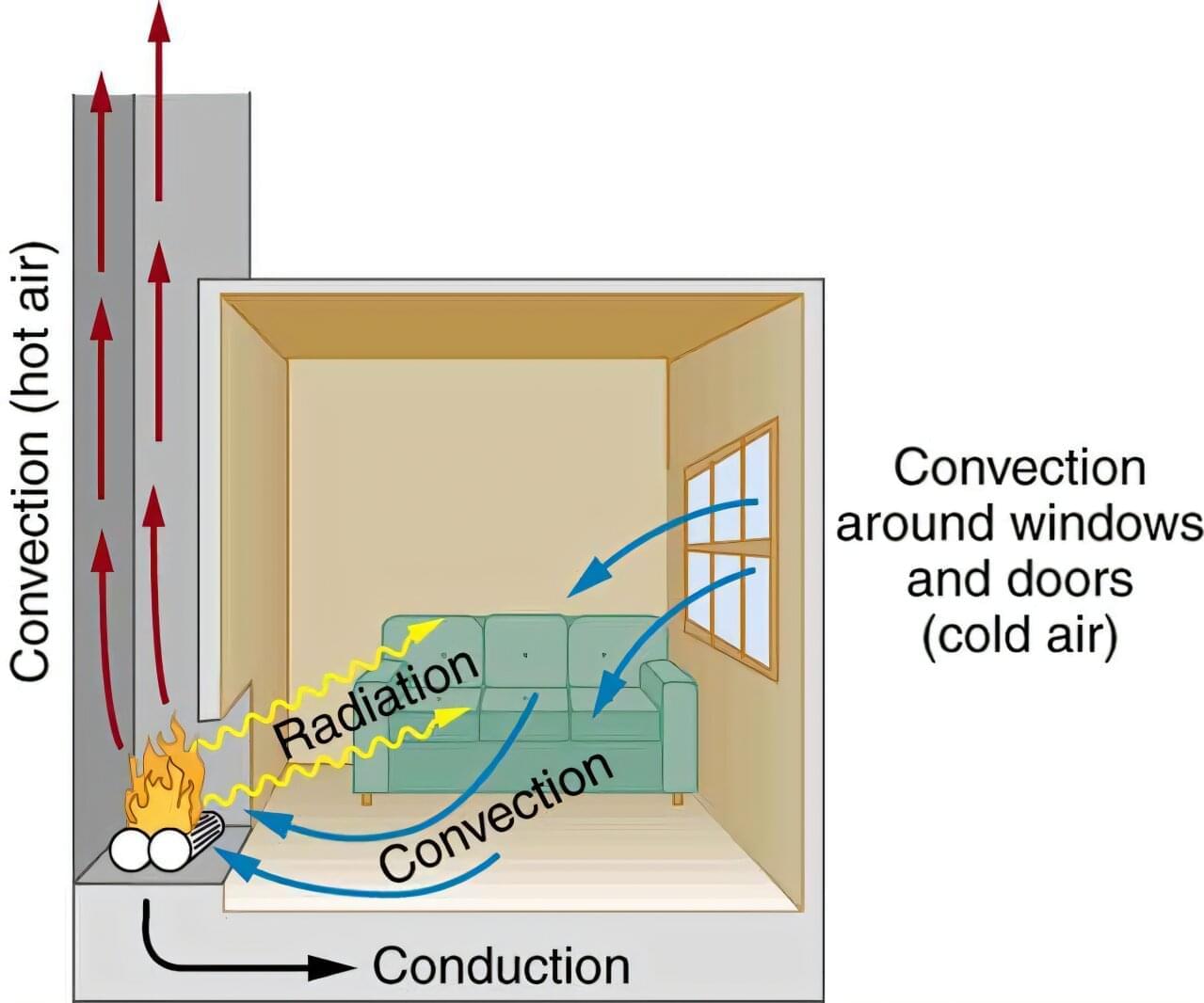
New materials, old physics—the science behind how your winter jacket keeps you warm
As the weather grows cold this winter, you may be one of the many Americans pulling their winter jackets out of the closet. Not only can this extra layer keep you warm on a chilly day, but modern winter jackets are also a testament to centuries-old physics and cutting-edge materials science.
Winter jackets keep you warm by managing heat through the three classical modes of heat transfer —conduction, convection and radiation—all while remaining breathable so sweat can escape.
The physics has been around for centuries, yet modern material innovations represent a leap forward that let those principles shine.